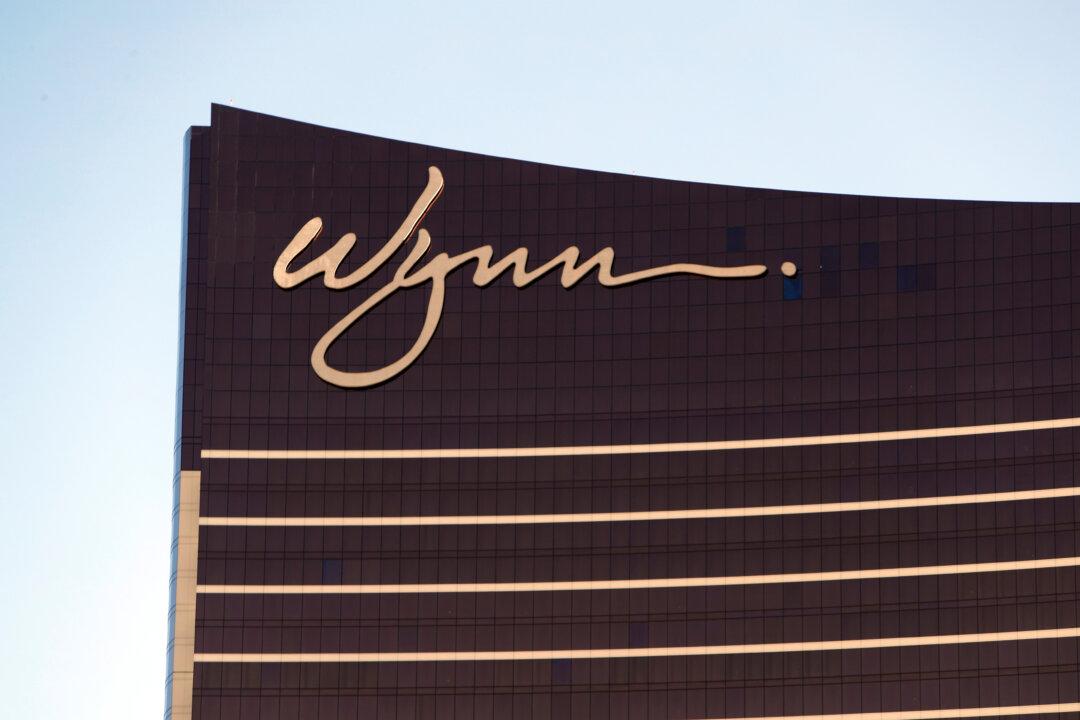Gaming Executive Steve Wynn will pay a fine of $10 million and will agree to never again have any involvement in Nevada’s gaming industry, according to a settlement document filed Wednesday with the Gaming Control Board.
If the Nevada Gaming Commission signs off on the settlement, possibly as soon as next week, it will end the four-year legal dispute between state gaming regulators and Wynn. The control board filed a five-count complaint against Wynn in October 2019, seeking to deem him unsuitable to hold a gaming license over allegations of sexual abuse and misconduct against female employees during his time as chairman and CEO of Wynn Resorts.





